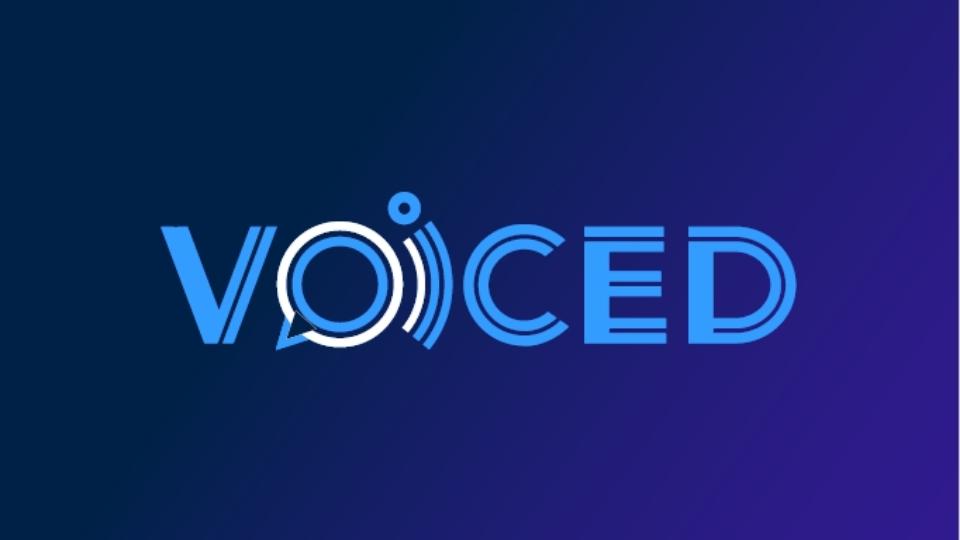Welcome to VoicED, your newsletter from Oxford, bringing you educational policy, news, views, resources and articles relevant to your classroom – January 2022
For the past two years, exam results for 16–18 year olds have relied on previous attainment or mock exams. With that in mind, many schools are encouraging students to begin revision early. Within lessons or as homework, regular retrieval practice through quizzes and questions is a quick way to test knowledge and help refresh past topics.
MCQs, like Retrieval Roulettes, can be an excellent way to go over previous lessons and retrieve forgotten knowledge. Apps like Kahoot! help teachers to create quizzes quickly and easily, and works well for large classes. Kahoot! has also been shown to boost engagement, participation and motivation, reduce anxiety, and improve final test scores.
Learning science stresses the importance of embedding regular questioning into your lesson routine. Regular quizzes interrupt the forgetting process, encourage students to make connections between old and new learning – particularly for concepts that span topics or subjects (such as energy or bonding, for example) – and make recall of key facts easier.
These quizzes don’t always need to be in-class, and can be a powerful tool for revision. As well as sharing your own questions, encourage your students to write retrieval questions as part of their revision routine, and to quiz themselves regularly. This Excel template from Tes can be repurposed for students to produce their own MCQ bank, or they can jot down a few key questions on a post-it note for each page of their textbook to answer when they start revising the content on that page.
Here are some top tips for students when writing their own questions:
- Short, regular quizzes are much more effective than long, occasional ones. Don’t feel like a quiz needs to cover everything. Mix and match topics by writing a couple of questions for each one, then test yourself on 10–20 random questions every day or so.
- Take your time building up your question bank. Write three or four questions covering the main points of each topic as you go through your revision. This is much more achievable than trying to write 50 at once. Keep them in a spreadsheet so you can begin to mix and match as you get more questions and revisit previous topics regularly.
- Don’t cheat yourself by writing easy questions. While it’s tempting to go for the quick-win and ask yourself a question you already know the answer to, you’re just cheating yourself of the chance to learn. Push yourself, and you’ll see yourself improve!
By using regular retrieval practice this way, students can build a bank of retrieval questions and MCQs that are an engaging and useful tool for independent study in the run-up to exams.
You might also like…
- Revision tools: Revision can be hard, so TeacherToolkit has recommended some online tools that your students can use to perfect their revision technique.
- Do it in class: TheConfidentTeacher has some great activity suggestions to help you bring revision into the classroom.
- Supporting students: Now term is underway, make sure you’re up-to-date with the latest government guidance, including SEND learning environments. It’s normal for some students to feel worried, so here’s some advice from the NEU about how to support those students this term.
- Long read: What happened at COP26? Give your students the full details with this handy article by Ecologi explaining the key moments. This is a great way to show students how knowledge from lots of topics and subjects can be applied outside the classroom, and how a good understanding of STEAM subjects can have a real-world impact.
And finally…! Emma Louise is currently studying for her A Levels, and talks about what she wishes she’d known in Year 11 when studying for her GCSEs.
- Read the previous issues of VoicED newsletter here
